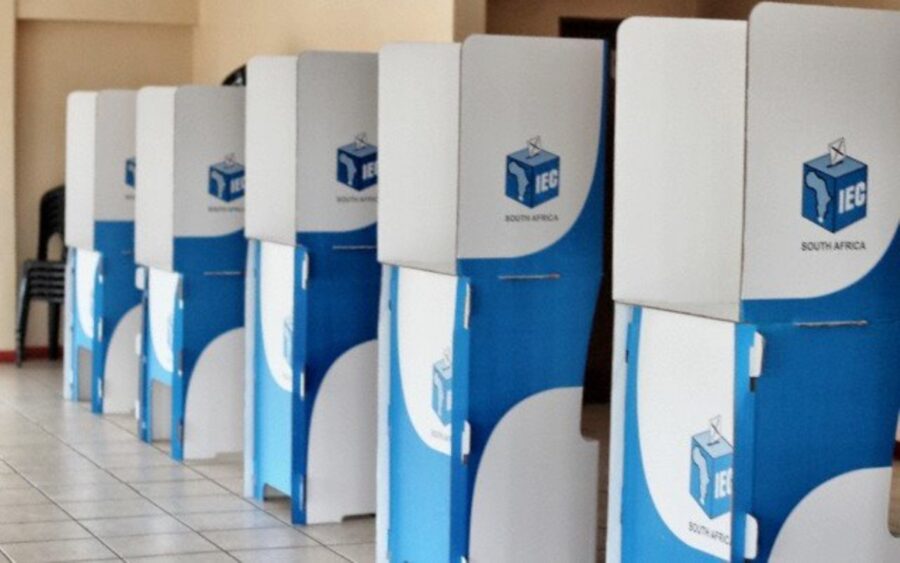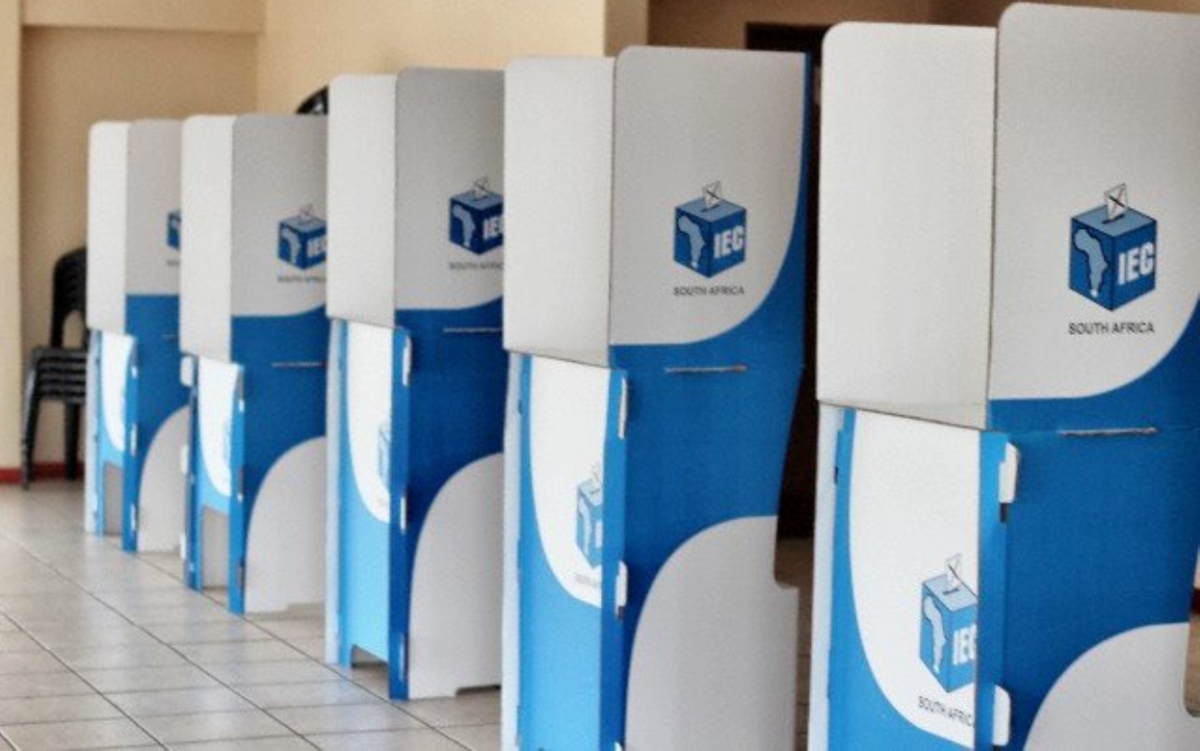
How many special votes were cast in London?
The Electoral Commission (IEC) has confirmed that voting abroad proceeded smoothly with no major incidents over the last 72 hours.

The Electoral Commission (IEC) has confirmed that voting abroad proceeded smoothly with no major incidents over the last 72 hours.
“This is a testament to the meticulous logistics, planning, and execution of those plans across all missions. The Commission expresses gratitude to South Africans who cast special votes in missions around the world,” the IEC said on Sunday.
As reported by the SAPeople website, voting took place at 111 South African foreign missions from last Friday to Sunday.
SPECIAL VOTES
Overall, the IEC confirmed that 78 092 South African citizens applied to cast their special vote abroad.
Special votes are designed to ensure that special measures are put in place to make certain that citizens who would otherwise not be able to vote have opportunities to do so.
“Appreciations are also due to voters who in some instances had to endure intemperate weather, wait in queues for extended periods, and travel significant distances. In many stations, a steady flow of voters was reported throughout the day with some missions only closing some two hours beyond their scheduled operating hours.
“Notwithstanding, voters still expressed gratitude on social media and other platforms for the seamless voting experience and level of service they received at stations,” the IEC said.
The largest number of voters registered mark their ‘X’ was in London where 24 535 had registered to do so over two days, both Saturday and Sunday.
There were reports of long queues on the Saturday, but a comparatively shorter waiting time on Sunday.
Springbok Rugby World Cup-winning lock RG Snyman cast his vote in Dublin in Ireland.
As per IEC, the largest international voting stations by population were:
| Rank | City | Voters |
| 1 | London | 24 535 |
| 2 | The Hague | 6 659 |
| 3 | Canberra | 3 674 |
| 4 | Dubai | 3 266 |
| 5 | Dublin | 3 040 |
| 6 | Wellington | 2 292 |
| 7 | Abu Dhabi | 1 825 |
| 8 | New York | 1 799 |
| 9 | Washington DC | 1 799 |
| 10 | Berlin | 1 476 |
While the IEC said that reports of voter turnout should be treated as unconfirmed, the SAPeople website understands that there were 13 383 votes cast in London.
If true, that figure represents 54.5% of the number of South Africans who registered to cast their vote.
At the time of publishing it’s unclear how many votes were cast at the other foreign missions.
The IEC, meanwhile, added that the ballots may only be counted after the close of voting stations in South Africa on Wednesday, 29 May.
“All ballots cast as well as unused ballot papers from all the 111 missions, will now be transported via a secure channel back to the country. The necessary verifications and counting of the ballots will take place in the presence of representatives of contestants and observers,” the IEC said.
IN-COUNTRY VOTING
With overseas voting now completed, the Electoral Commission turns its attention to preparations for the in-country special voting which will commence two days before election day on 27 and 28 May.
There are 1.7 million approved special votes.
“About 653 000 of these are home visit special votes while just over one million are voting station special votes. In all, there is at least a single approved special vote in 22 626 of the total 23 292 network of voting stations,” the IEC said.
Voters are urged to check their registration details and confirm the location of their correct voting stations ahead of election day by using the following channels:
- Online at www.elections.org.za/pw/Voter/Voter-Information
- SMSing their ID number to 32810
- Contact centre on 0800 11 8000
- The IEC APP downloadable from AppStore
